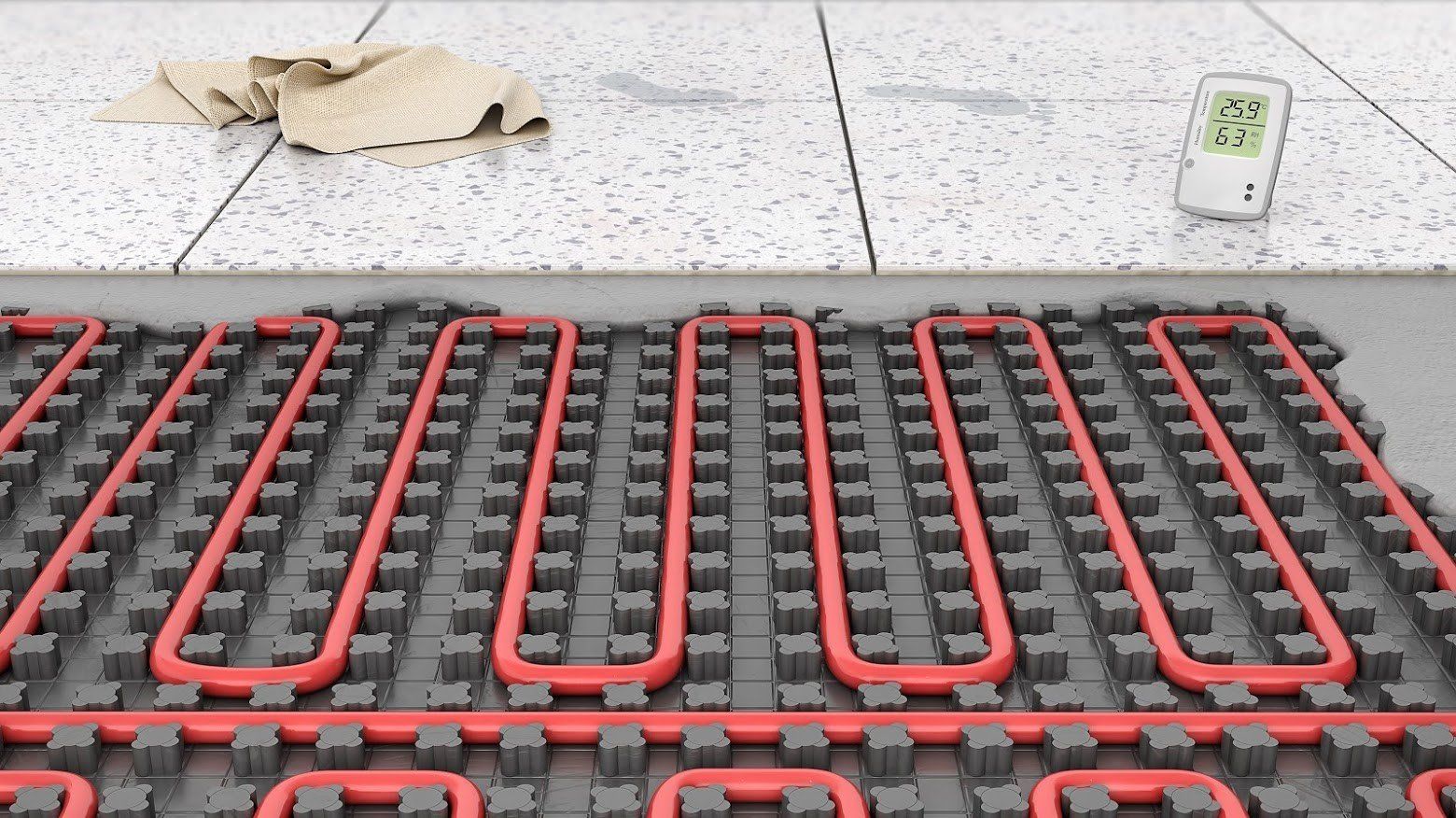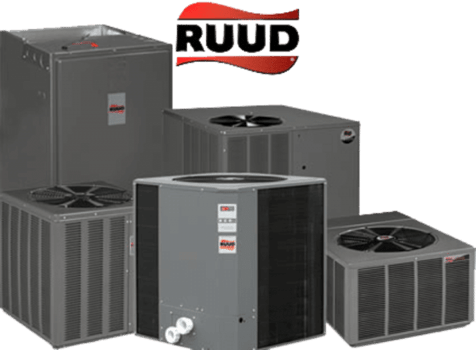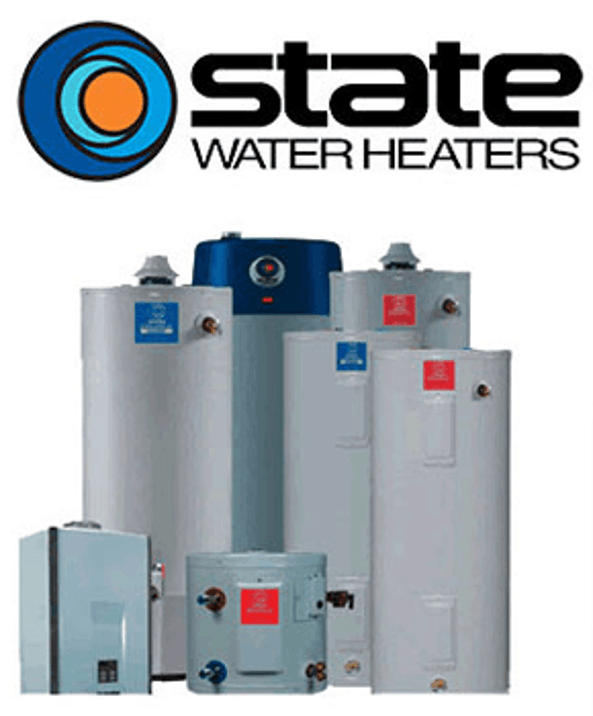3 Advantages of Radiant Floor Heating

If your current home furnace is reaching the end of its lifespan or you are building a new home, then you should consider all your home heating options before installing a new heating system. While forced-air heating systems are popular in the United States, radiant floor heating systems also have their unique advantages.
The most popular type of radiant floor heating system, hydronic radiant floors, works by heating up water in a boiler and then sending this water to radiant heating loops located inside a home's floors. This heat radiates up from the floors and into the air of the home.
Read on to learn about three advantages of radiant floor heating systems when compared to forced-air systems.
1. Consistent, Evenly Distributed Heat
Radiant floor heating systems tend to keep homes more consistently warm than forced-air systems.
A forced-air system blows warm air into the home until the air surrounding the thermostat reaches a desired temperature setting. The system then shuts off until the temperature in the room drops below this temperature and it starts up again.
On the contrary, a radiant floor heating system passes heat into the home's subfloor, and the floor holds onto this heat and continuously radiates it into the rooms of a home. This constant heating of the room eliminates the slight temperature fluctuation that occur with forced-air heating.
In addition, homes equipped with radiant floor heating tend to heat up more evenly than those heated with forced-air systems. The warm air blown into a home by a forced-air system quickly rises, often leaving the air just below the ceiling much warmer than the air in the rest of the room.
However, rooms with radiant floor heating maintain a more consistent temperature from ceiling to floor, which eliminates cool spots.
2. Energy Efficiency
There are three main types of radiant floor heating systems: air-heated, electric, and hydronic systems. While air-heated systems are not energy-efficient, and electric systems can be relatively energy-efficient if they are designed properly, hydronic systems rival forced-air heating systems in energy efficiency for several reasons.
First, forced-air heating systems are prone to heat loss that occurs before heated air reaches the rooms of your homes. Heat loss occurs when ducts are not properly insulated, allowing them to heat up and pass this heat into the air surrounding them. Warm air can also leak out of any holes or gaps present in the ducts.
Since hydronic radiant heating systems do not send heated air through ducts, all duct heat loss problems are eliminated. In addition, since radiant heating systems heat rooms more evenly, less energy goes to waste heating the air directly below the ceiling to a higher temperature than necessary to keep the air below it warm.
Finally, hydronic radiant heating system boilers can be powered with a variety of low-cost energy sources, such as natural gas, oil, and even solar energy.
3. Low Maintenance
While no home-heating system is maintenance-free, radiant floor heating systems require less maintenance than forced-air systems. You need to inspect and clean the furnaces that power forced-air systems annually and change their filters as often as every month.
However, the boiler that powers a radiant floor heating system has no filter to change, so they need only an annual inspection and tune-up.
In addition, since radiant heating systems are not attached to ducts, no inspection of home heating ducts to locate leaks or damage is ever necessary when you rely on this heating system type.
If you plan to replace the heating system in your home or add a heating system to a home you are building, then consider these advantages to radiant floor heating systems before you choose your new heating system type. Contact the HVAC experts at Henry's Service All for all your residential heating system needs today.











